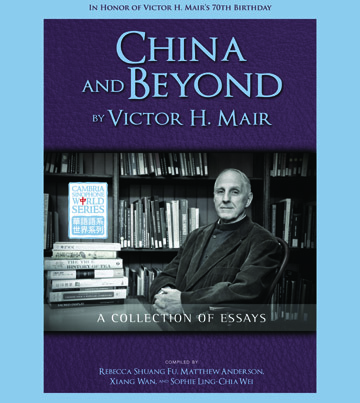Matthew J.X. Malady, "Why Do We Hate Certain Words?", Slate 4/1/2013:
The George Saunders story “Escape From Spiderhead,” included in his much praised new book Tenth of December, is not for the squeamish or the faint of heart. The sprawling, futuristic tale delves into several potentially unnerving topics: suicide, sex, psychotropic drugs. It includes graphic scenes of self-mutilation. It employs the phrases “butt-squirm,” “placental blood,” and “thrusting penis.” At one point, Saunders relates a conversation between two characters about the application of medicinal cream to raw, chafed genitals.
Early in the story, there is a brief passage in which the narrator, describing a moment of postcoital amorousness, says, “Everything seemed moist, permeable, sayable.” This sentence doesn’t really stand out from the rest—in fact, it’s one of the less conspicuous sentences in the story. But during a recent reading of “Escape From Spiderhead” in Austin, Texas, Saunders says he encountered something unexpected. “I’d texted a cousin of mine who was coming with her kids (one of whom is in high school) just to let her know there was some rough language,” he recalls. “Afterwards she said she didn’t mind fu*k, but hated—wait for it—moist. Said it made her a little physically ill. Then I went on to Jackson, read there, and my sister Jane was in the audience—and had the same reaction. To moist.”
Mr. Saunders, say hello to word aversion.
Read the whole thing.
Read the rest of this entry »

 The village of Akazu’yw lies in the rainforest, a day’s drive from the state capital of Belém, deep in the Brazilian Amazon.
The village of Akazu’yw lies in the rainforest, a day’s drive from the state capital of Belém, deep in the Brazilian Amazon. 